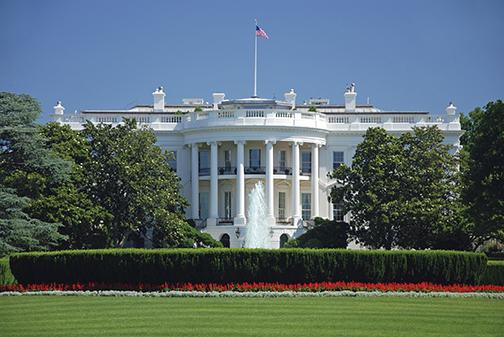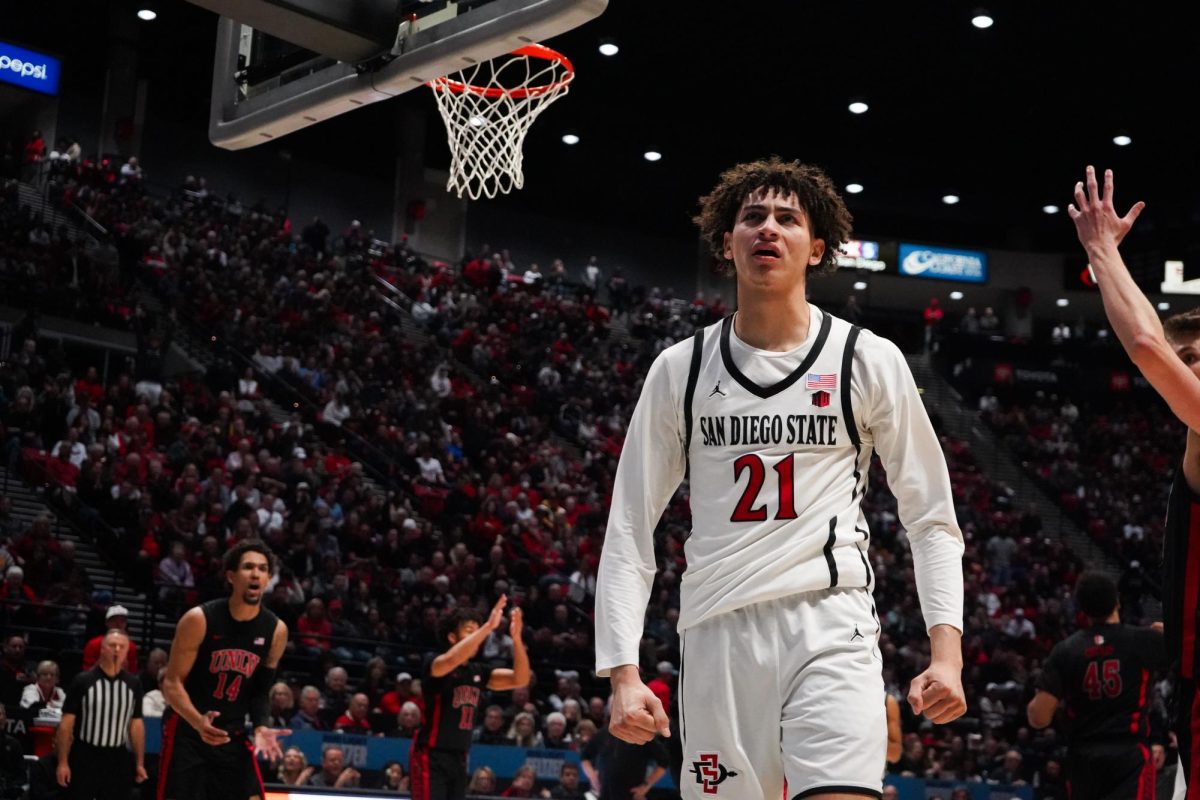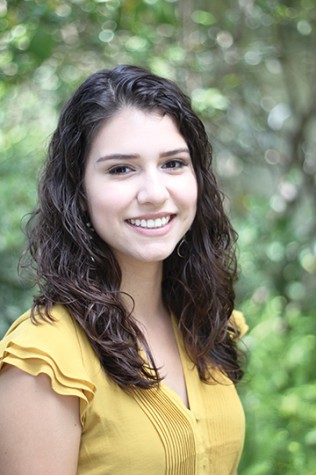San Diego State is hosting the White House’s College Opportunity Convening on Monday and Tuesday, bringing together exemplary leaders and advocates of school counseling to create action plans in an effort to increase higher education opportunities for students.
This West Coast, invitation-only convening functions as part of First Lady Michelle Obama’s Reach Higher Initiative and follows a meeting held at Harvard University’s Graduate School of Education earlier this year that focused on discussion of action plans rather than this week’s aim of creating and implementing them.
These plans, such as revising curriculum to better meet the needs of school counselors and improving training, will give students a better chance of receiving the schooling they need to excel in today’s world, Director of SDSU’s School Counseling Program Trish Hatch said.
“The future of our students is the most important,” she said. “They should receive the best possible readiness that they deserve.”
More than 30 states will be represented at the convening, which will focus on five specific areas of improvement, including how to hire and prepare counselors to ensure certain college and career readiness standards are met as well as how to solidify partnerships between university training programs and K-12 school districts to strengthen field work.
The convening will also cover how to create partnerships with donors interested in supporting the implementation of these changes and positive outcomes for counselors and students.
According to data compiled by Hatch, 29 percent of school districts in California are without school counseling programs. Comparing the number of school counselors between 2008 and 2009 to counselors employed between 2011 and 2012, there was a decrease of 18.4 percent employed.
Hatch said most elementary schools don’t have school counselors at all, and she stressed the importance of working towards higher education at an early age.
Laura Owen, assistant professor of SDSU’s School Counseling Program, said having school counselors is not currently a mandatory requirement.
She said the two-day event will cover how to get rid of extra duties counselor’s are often tasked with to make sure they are helping students in the way they were hired to do.
“We will have the right people in the room, the right leaders and people in positions of decision-making authority who can really implement some of the policies and procedural changes that need to happen, to allow school counselors to do this work,” Owen said. “We are aware that there are areas that we need to strengthen in our profession.”
Owen hopes the event and her day-two presentation alongside Hatch, “Igniting the Vision,” will engage and get attendees excited, but also help them see they have the power to make a difference.
“One of the most exciting things for me in coming to San Diego State University is the diversity of our student body and walking on campus and recognizing that the work that I have been engaged in for so many years is about the students that are here,” Owen said. “It’s so exciting to see them going forward and reaching for their dreams, becoming who they want to be. It’s very motivating to me.”
Owen said although primarily high-level professionals will attend the convening, she hopes to have future conversations and forums with students to understand what has worked for students and what needs improvement.
She encourages all those who are unable to attend the convening, including students, to voice their opinions and hopes for school counseling on The Center for Excellence in School Counseling and Leadership’s website by taking the survey, located under the “commitments” link, to share their input.















